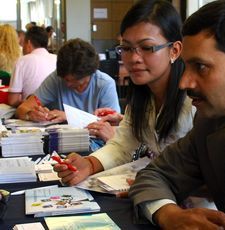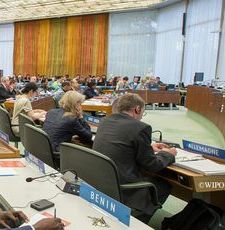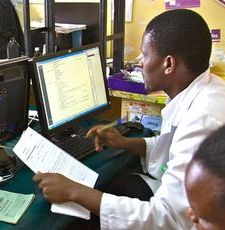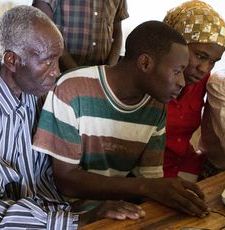ABOUT THE RESOURCE
There is an active, thriving community of open access (OA) repositories worldwide and their visibility is rising as funding agencies and governments implement OA policies. Still, repositories must continue to adopt strategies that demonstrate their value to the wider research community. Therefore Confederation of Open Access Repositories (COAR) published the report, (coar-repositories.org/fr/activities/repository-content/sustainable-practices-for-populating-repositories-report) “Incentives, Integration, and Mediation: Sustainable Practices for Population Repositories” in 2013. It profiles a variety of successful practices for populating repositories from around the world. Aim of the report is to assist the global repository community in implementing sustainable methods for recruiting content. The profiles were gathered from organizations across the globe, and represent a mixture of approaches involving the introduction of incentives; integration of the repository with other institutional services; and/or mediation of the deposit process. The practices reflect a tradition of innovation and openness in the repository community, and are characterized by creative approaches to staffing, imaginative software developments, and adoption of novel policies.
EIFL is a founding member of COAR.
This presentation was presented at the conference “Opening Science to Meet Future Challenges” that brought together diverse participants to enable an in-depth international dialogue focused on infrastructural, social, economic and legal aspects of openness (in particular, with regard to research data), aimed at a common understanding of how it should be provided in order to satisfy the public interest and meet the upcoming challenges.
The conference took place in Warsaw, on the 11th of March 2014. It was organised by the Centre for Open Science, which is a part of the Interdisciplinary Centre for Mathematical and Computational Modelling at the University of Warsaw.
SHARE / PRINT









